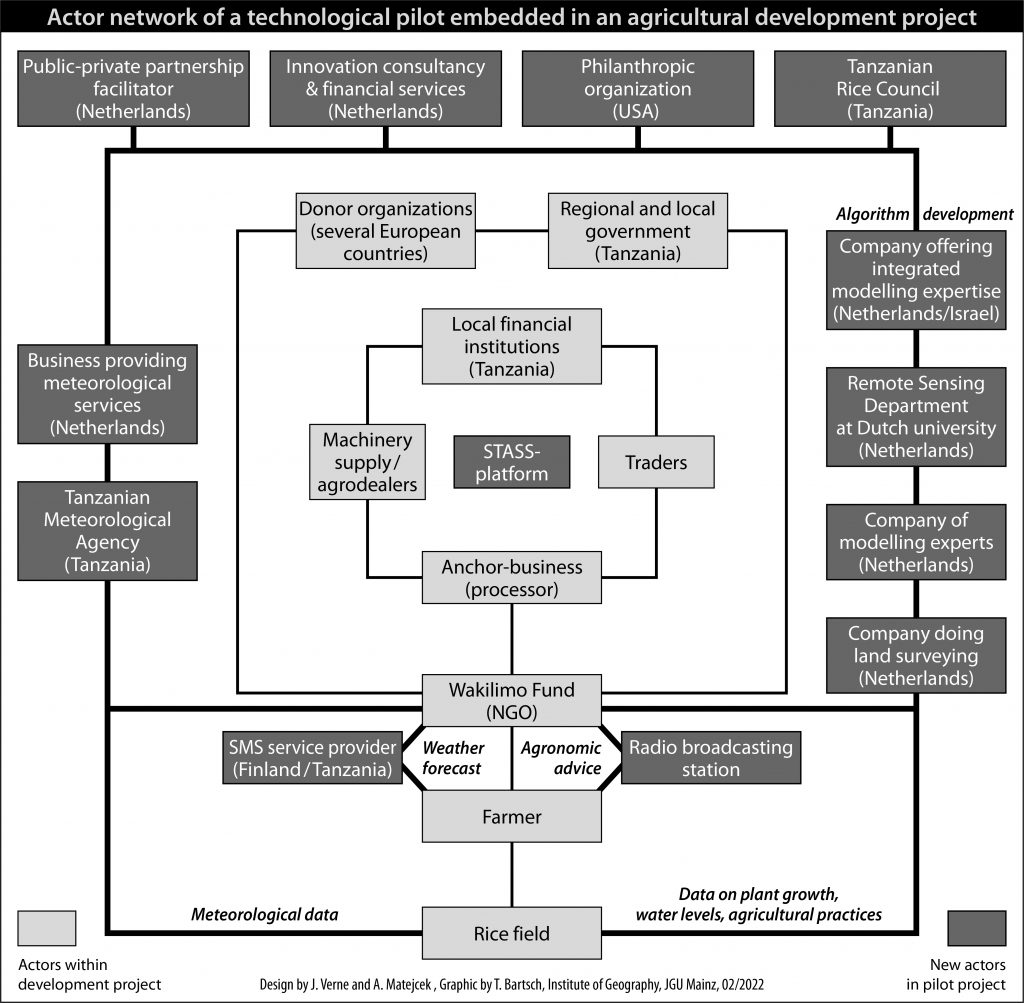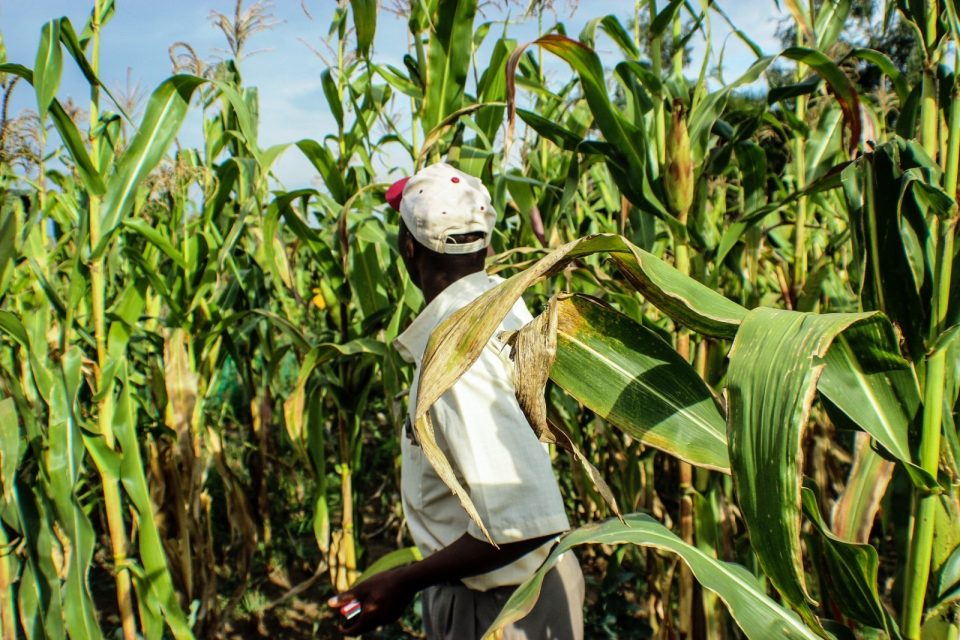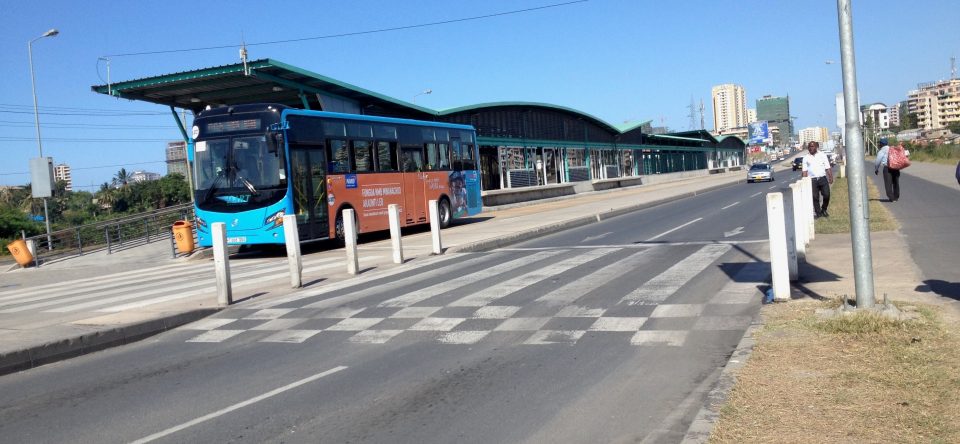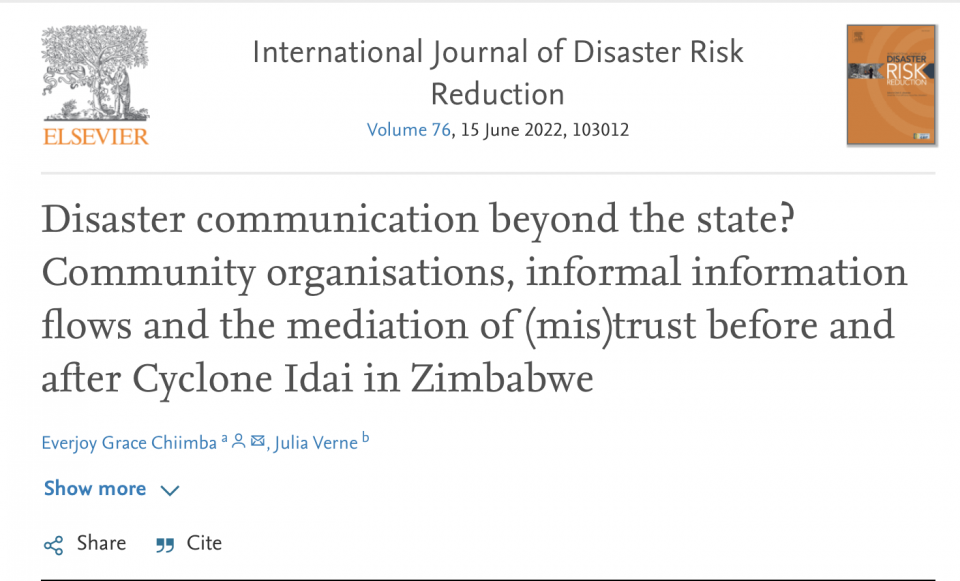Das tansanische Reisfeld als lebendes Labor?
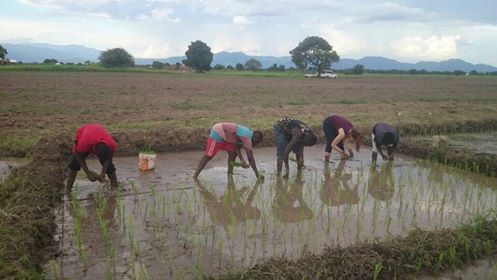
Against the backdrop of food security and supposedly untapped agricultural potential in Africa, international Non-Governmental Organisations (NGOs) remain important intermediaries for the transfer of agricultural science and technologies. Realizing the limited transferability of Western technologies to the Global South, they increasingly shift to trial-and-error-approaches to generate adapted innovations. In this vein, the Spatio-Temporal Agribusiness Support System (STASS) was introduced to Tanzania not only to intensify agricultural production but also to further develop the technology itself. Following Tilley’s approach to „Africa as a living laboratory“, and concepts of experimentation from Science and Technology Studies (STS), this article explores the different logics and (unintended) effects of merging a development project with a technological pilot. Participant observation during the deployment of the digital drone and satellite-based information technology highlighted how experimentation for technological innovations sought to reconcile a highly complex actor network which focused primarily on data generation. Yet, through technology breakdowns and an emphasis on the interests of external experts this newly generated digital knowledge appeared to be of constrained applicability and, ultimately, pointed to the limited compatibility of testing and developing.
